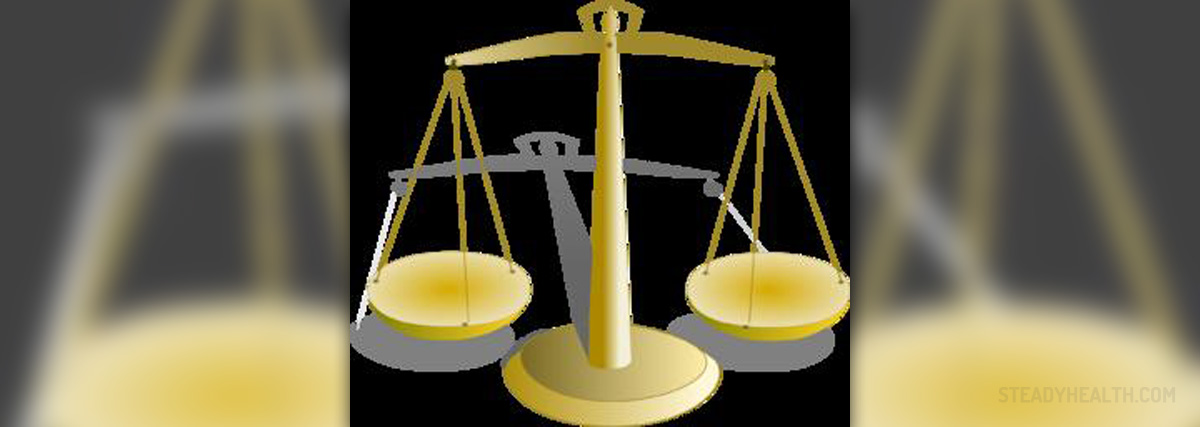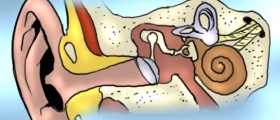
A balance disorder is a condition that causes feelings of dizziness, lightheadedness and unsteadiness. It may result from an underlying medical condition, certain medications or problems related to the inner ear or the brain.
Balance and the Vestibular System
Balance represents a state of equilibrium and is regulated by the vestibular system, which is a part of the labyrinth of the inner ear. The vestibular system along with the visual system and the skeletal system helps us to maintain the body position at rest and while moving. The constituents of the labyrinth, the semicircular canals and the otolith organs help us to perceive mechanical forces like gravity that influence our movement.
The semicircular canals send messages to the brain of our rotational movements such as when we are nodding our head or looking from right to left. Semicircular canals contain liquid which moves as we move. Also, within each semicircular canal there are tiny hairs. The brain receives messages about our movement when the liquid from semicircular canals moves the hair structures while we are in motion.
On the other hand, the otolith organs indicate linear motion like when we are standing up, riding in a car or a bike. The otolith organs also send signals to the brain about our head with respect to gravity like when we are leaning back or lying down.
Balance Disorder Symptoms
Problems with balance can affect a person’s ability to maintain upright position. The person may stagger or fall while walking. A balance disorder causes symptoms such as a sensation of dizziness or vertigo, lightheadedness, faintness, confusion and disorientation. Blurred vision and impaired hearing are common too.
A balance disorder can also lead to nausea, vomiting, diarrhea, abnormal heart rate and blood pressure, fear, anxiety and panic. Depression, feeling of tiredness and difficulty concentrating may be present as well.
Causes of Balance Disorders
A balance disorder can have many causes such as an ear infection, head injury and disorders of blood circulation that affect the inner ear or brain. Use of certain medications can also cause balance problems. Medical conditions such as low blood pressure, arthritis and eye muscle imbalance can lead to a balance disorder. On the other hand, many people experience sudden onset of a balance disorder for unknown reasons.
Types of Balance Disorders
There are many balance disorders. Some of the most common balance disorders are:
Benign paroxysmal positional vertigo (BPPV) Labyrinthitis Meniere’s disease Vestibular neuronitis Perilymph fistula Mal de debarquement syndrome
















Your thoughts on this
Loading...